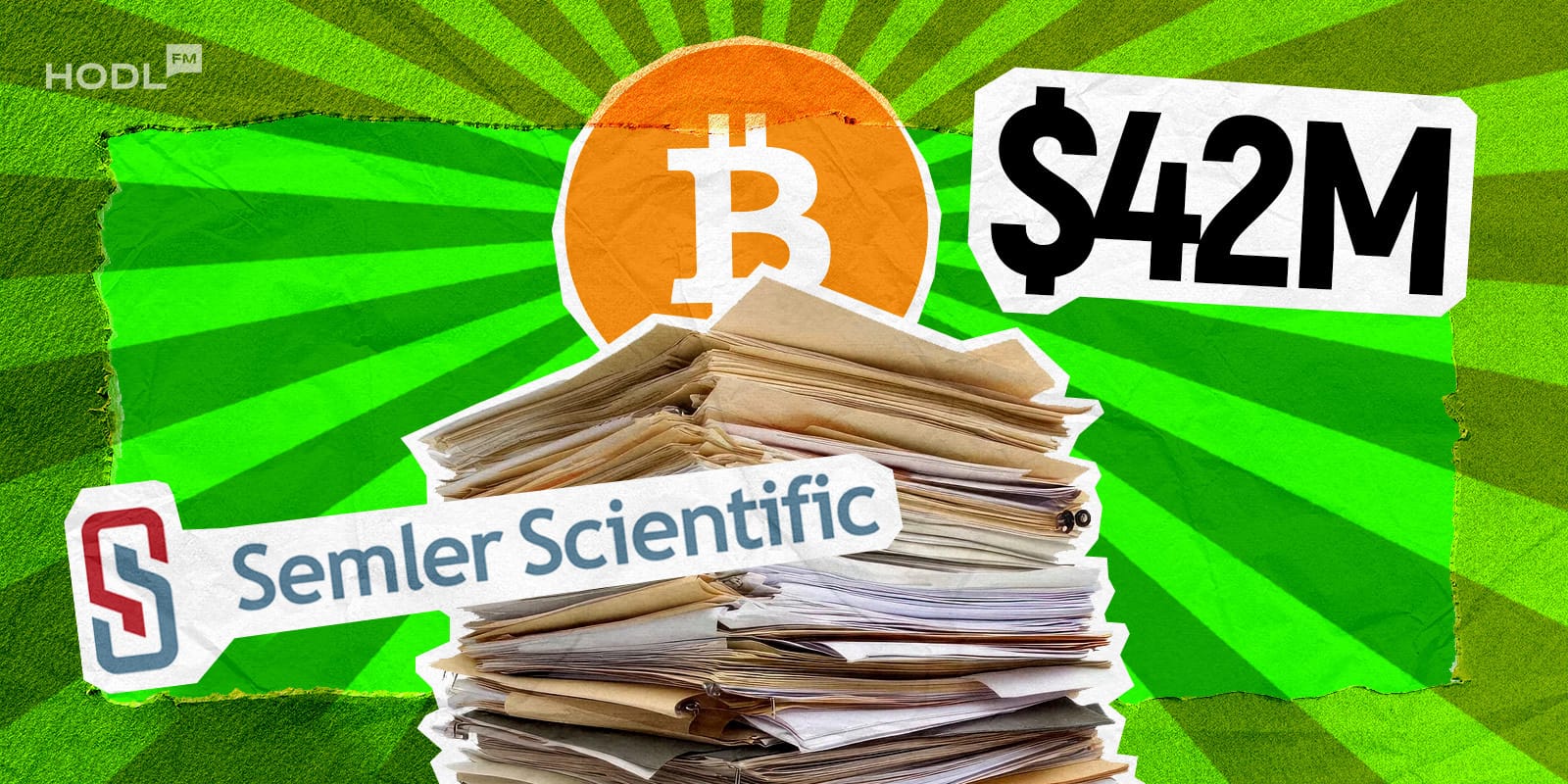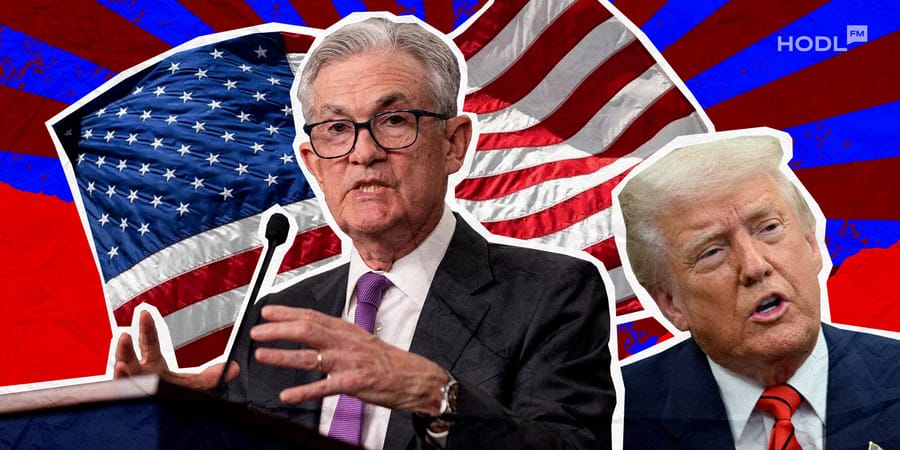In what financial analysts are calling "The Presidential Put-Down Effect," US markets tumbled faster than a Jenga tower at an earthquake convention after President Trump ramped up his verbal assault on Federal Reserve Chair Jerome Powell.
Stock markets across the United States took a collective nosedive on April 21, with the S&P 500 shedding 2.4%, the tech-heavy Nasdaq sliding 2.5%, and the Dow Jones Industrial Average plummeting 2.5% – nearly 1,000 points – in a single day. The stock market heatmap looked like a scene from "The Shining," with red spreading everywhere.
The S&P 500 has now declined more than 12% since January, while the Nasdaq is down almost 18%, suggesting tech investors are frantically searching for the "undo" button on their trading apps.
Trump vs. Powell - The Financial Feud That Keeps on Giving
Meanwhile, on Truth Social – where truth occasionally makes an appearance – Trump unleashed another broadside against his favorite economic punching bag, Jerome Powell.
"'Preemptive Cuts' in Interest Rates are being called for by many," Trump wrote, presumably while angrily tapping his phone screen. "With Energy Costs way down, food prices [...] substantially lower, and most other 'things' trending down, there is virtually No Inflation."
The President, who previously bestowed upon Powell such prestigious nicknames as "Mr. Too Late" and "major loser," has maintained a heated one-sided rivalry with the Fed Chair, who stubbornly insists on making monetary policy decisions based on economic data rather than social media posts.
Powell, maintaining his central banker composure, recently suggested Trump's trade tariffs might lead to "stagflation" – that delightful economic cocktail where prices rise while growth stalls, named after the 1970s economic malaise, not Stag Parties.
Trump, unsurprisingly, responded by calling for Powell's termination, noting it "cannot come fast enough," which is exactly the kind of constructive feedback every central banker hopes to receive from the President.
Dollar Goes Down, Bitcoin Goes "Up Only"
As American markets performed their synchronized diving routine, the US Dollar Index continued its impressive journey to the center of the earth, dropping to a three-year low below 98. The greenback has now lost more than 10% of its value this year – performing almost as poorly as your cousin's meme stock portfolio.
"Everyone needs and wants a weaker dollar to service their dollar debts," noted Real Vision's Raoul Pal, apparently unaware that "everyone" includes Americans who enjoy affordable imported goods and international travel.
Meanwhile, crypto markets, which traditionally react to economic uncertainty by also panicking, decided to break character. Bitcoin reached a four-week high of $88,500 on April 22, with the total crypto market cap holding steady at $2.83 trillion.
Everyone needs and wants a weaker dollar to service their dollar debts. No one wants it to move too fast ( it blows up VAR) but they need it lower over next 12 months. This is the purest form of global liquidity and is the largest driver of global M2 currently. The US knows this…
— Raoul Pal (@RaoulGMI) April 22, 2025
"Amid one of the most turbulent periods for global markets in years, Bitcoin is showing impressive resilience," observed Bitfinex analysts, who remain puzzled by Bitcoin's sudden decision to behave like the mature store of value its proponents have long claimed it to be.
Amid one of the most turbulent periods for global markets in years, Bitcoin is showing impressive resilience. Despite a 32% drawdown from January highs, BTC has since rebounded and is holding steady.
— Bitfinex (@bitfinex) April 21, 2025
Is Bitcoin finally being recognised as a macro hedge?https://t.co/zWptdbylT7 pic.twitter.com/ZJy84q1mk9
As the Federal Reserve prepares for its May 7 meeting, interest rate markets are pricing in just a 13% chance of a rate cut. But with Trump's tweet-pressure campaign intensifying and markets throwing their collective tantrum, Powell may soon find himself choosing between economic orthodoxy and presidential approval ratings – a classic central banking dilemma not covered in any economics textbook.

Disclaimer: All materials on this site are for informational purposes only. None of the material should be interpreted as investment advice. Please note that despite the nature of much of the material created and hosted on this website, HODL FM is not a financial reference resource and the opinions of authors and other contributors are their own and should not be taken as financial advice. If you require advice of this sort, HODL FM strongly recommends contacting a qualified industry professional.




